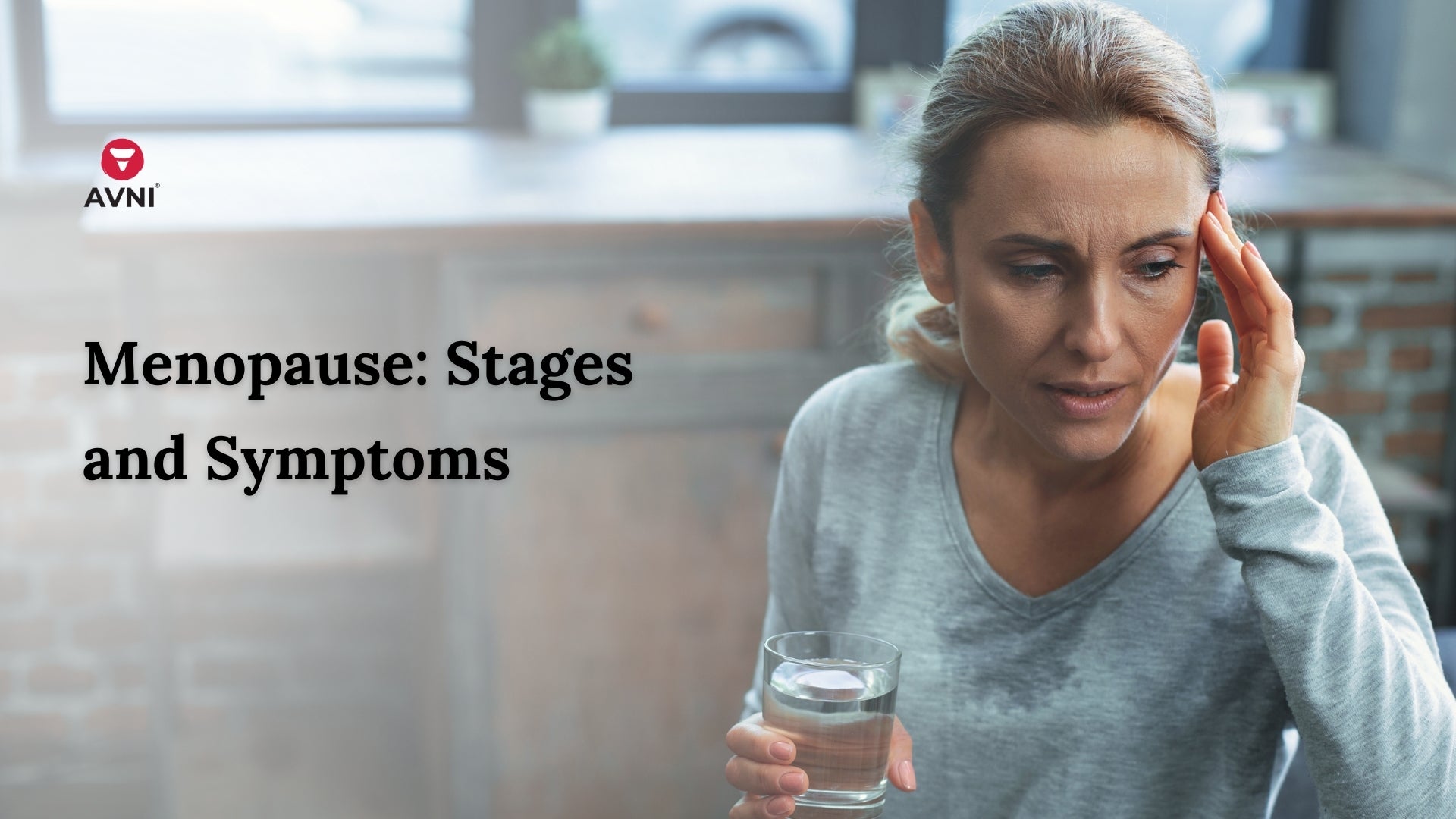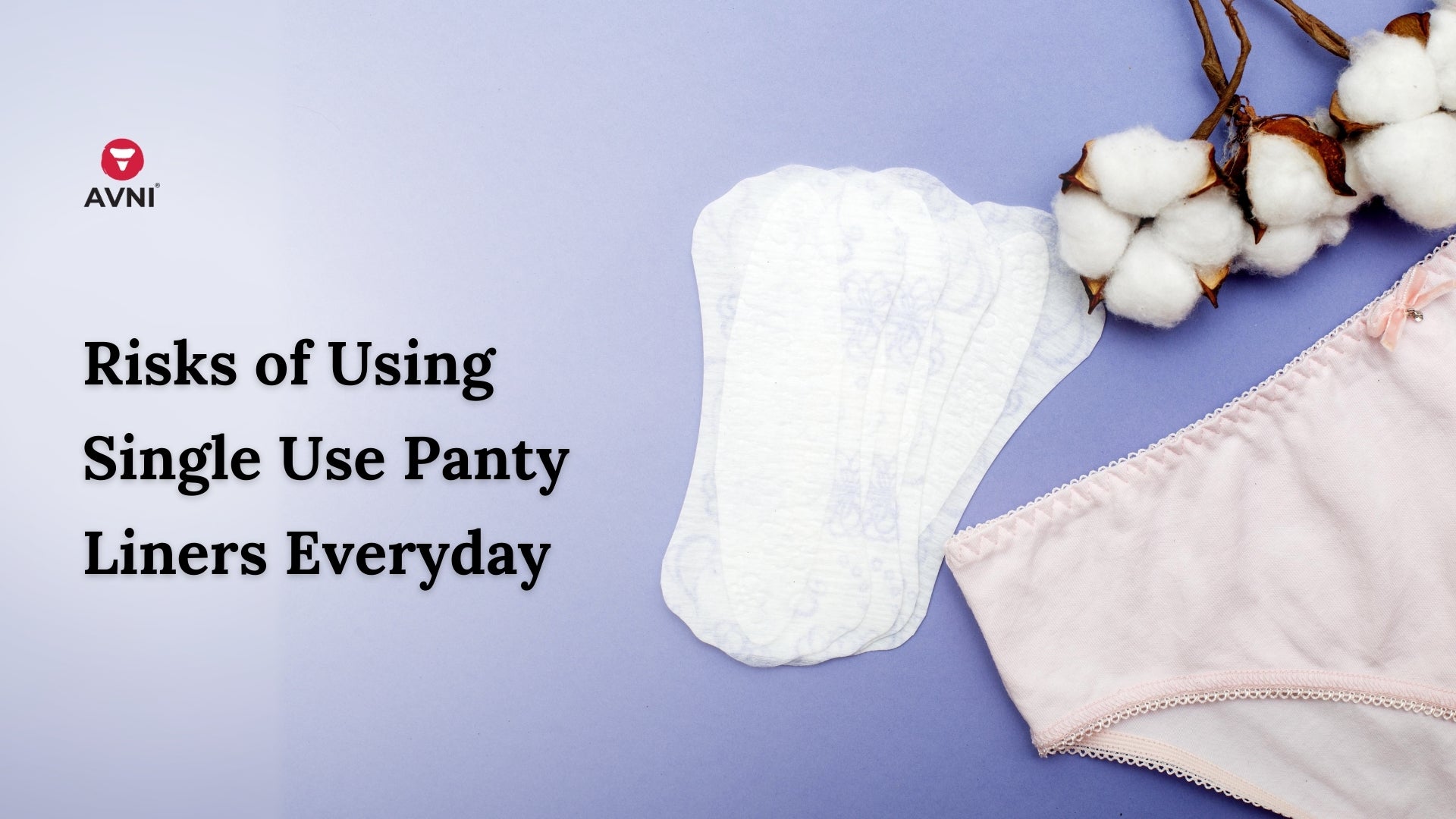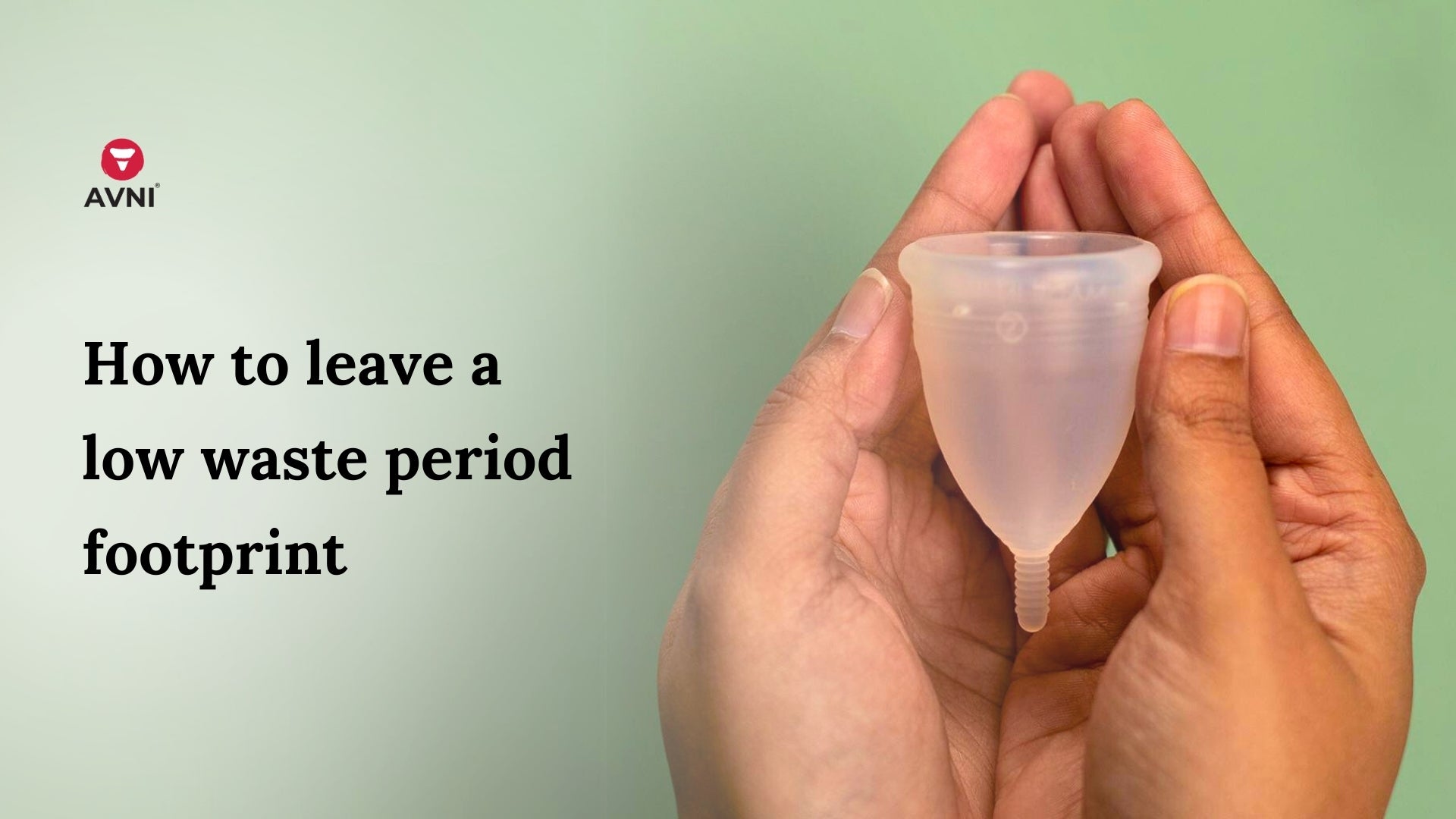
Menopause: Stages and Symptoms
Just when you enter your 40s, the clock starts ticking for the menstrual cycle to slow down and eventually stop within a few years. This full stop that continues for the rest of your life is called menopause. It's completely natural for hormones to act differently as the reproductive process slows down and the fertility ends. When the ovaries stop producing estrogen and progesterone, fertility stops. Having no periods for over an year is a sign of menopause. It happens naturally with age but medical intervention like surgery or ovaries removal stops the menstrual cycle.
Women in their 40s or 50s experience physical and mental challenges when undergoing menopause. while then former includes symptoms like hot flashes, reduced sex drive, vaginal dryness, night sweats and irregular periods, the latter lists depression, anxiety, mood swings and sleep disturbances. These symptoms marks the start of menopause and lasts for a couple of years that certainly affects the quality of life.
Menopause is no illness or medical health problem, its a natural process. Some women associate it with liberation, freedom from menstrual cycle and birth control while for others it becomes a discomforting process. Menopause is different for each and every women. There's no one advice/help that serves all mantras here. Each experience is unique. However, healthy eating habits and regular exercises help in managing these symptoms. If you are experiencing menopause symptoms,nyou can always ask for medical support.
Questions concerning when, why and how menopause happens is common. Detailed understanding of its stages and symptoms helps in walking through the whole process. Also, an extra note of knowledge never hurts. Read ahead for a thorough understanding.

Stages of Menopause
A woman's reproductive health undergoes several changes throughout her life. From puberty to menstruation to birthing to menopause, each stage acts differently with hormones experiencing some major makeshifts. Menopause is the final process that happens in three stages - perimenopause, menopause and post-menopause.
Perimenopause:
When you reach the 40s, the ovaries start to reduce the production of estrogen and progesterone. This affects the menstruation with irregular periods and blood flow. Symptoms like hot flashes, sweating, discomfort, irregular periods occurs but this does not mean that you have reached menopause. At this stage, the signs of menopause starts, but the menstrual cycle continues, hence the chances of getting pregnant are still valid. This stage lasts for nearly 2-8 years before hitting menopause.
Menopause:
12 months of no periods or any clinical intervention that affects menstruation or removal of ovaries leads to menopause. During this time. You will undergo the final period phase while experiencing menopause symptoms strongly. Racing heart. Vaginal dryness, sleep disturbances, reduced sex drive, mood changes, midnight sweats are all the signs of menopause and re common at this stage.
Post-menopause:
When your final menstrual cycle is over and you have had no periods for over aq year, you are medically referred to as a perimenopausal. After menopause stage, you enter post menopause stage for the rest of your life. Meaning that activity of your reproductive hormones reduces, the ovaries stop releasing eggs and you cannot get pregnant ever. In case you experience vaginal bleeding even after having no periods of over an year (due to menopause), it is highly recommended to seek medical attention.
To make sure that you have reached menopause, start tracking your periods when you start to experience menopause symptoms. One year of no periods on your track period signifies menopause stage. Once you become sure of it, see a doctor who can check your blood levels to confirm the menopausal stage.

Symptoms of Menopause
Menopause symptoms occurs at the age between 40s to 50s. However, a few cases of premature menopause are also recorded wherein a woman reaches menopause before the age of 40. Generally, the menopausal age is determined by genes the start of irregular periods marks the beginning of menopause.
Now that we have a fair understanding of different menopausal stages, let's talk about the vasomotor symptoms that comes along menopause.

Vaginal dryness:
A person in perimenopause phase experiences vaginal dryness, discomfort and itching especially during sex. There is a high risk of infection if the vaginal skin breaks. Use of lubricants, moisturisers and medicines is advised to treat vaginal wall inflammation and recurring dryness.
Hot flashes:
What does hot flash feel like? A sudden sensation of heat in your upper body starting from head to face to neck and then travels downwards is a hot flash. This often leads to sweating and formation of red patches on the skin. It happens during the first year of perimenopause and continues until the menopause ends.
Irregular periods:
It is common to encounter irregularities in your menstrual cycle when you enter menopause. Frequency of periods varies along with the menstrual flow that can either be heavier or lighter. Since it is possible to get pregnant during the perimenopause phase, it is advised to see a doctor in case you note irregularities in periods or have no periods at all.
Reduced sex drive & fertility:
With the hormones reaching high and lows like never before, it is common to be in no mood of sex or have sexual desires. Drop of estrogen levels also affects fertility, that further reduces the chances of getting pregnant.
Sleep disturbances:
Night sweats, hot flashes, anxiety and increased urination affect sleep patterns and cause disturbances all night. Regular exercise and light intake of meals before sleep is a go-to lifestyle change that improves the quality of sleep.
Mood changes:
Anxiety, low mood and feelings are common in menopause. While irritability, tiredness and sad feeling is a notable change due to hormonal changes, low libido and fertility issues, it is not always a sign of depression. If the low mood exists for over 2-3 weeks, seek medical help and support to cope up with the state of depression.
Other symptoms like headaches, trouble focusing, slow learning and physical changes like abdominal fat buildup, changes in hair, breast tenderness and weight gain are likely to happen. However, this transition from menstruation to menopause is different and difficult, simple lifestyle chnages like regular exercises, intake of balanced and healthy meal, picking up old habits, engaging yourself in activities that makes you happy and an active social life helps in coping up with the change.
Menopause is a natural process that will happen with time. It is best advised to embrace it with complete awareness and be ready to walk through the transition open-minded. Alongside medical support, understanding of how your body to going to act beforehand helps in managing menopause symptoms. Remember, your attitude makes the whole difference when dealing with medical situations.



Leave a comment
This site is protected by hCaptcha and the hCaptcha Privacy Policy and Terms of Service apply.